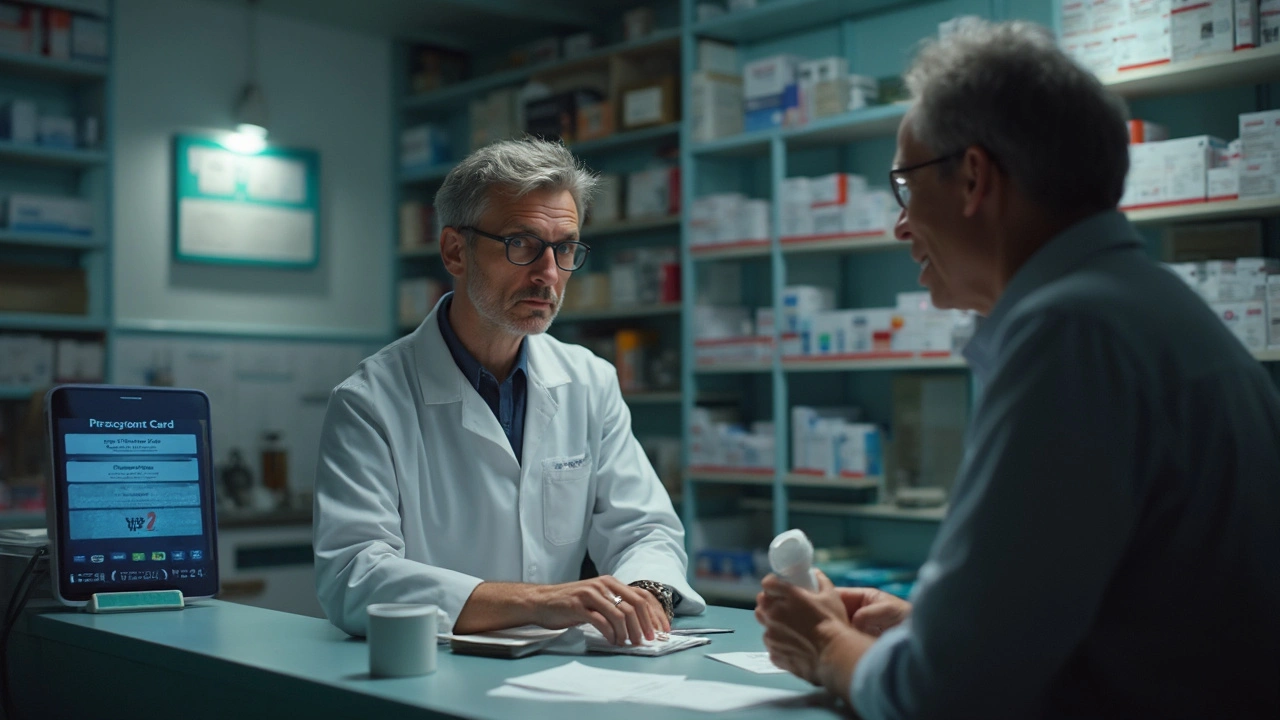Biologics Explained: What They Are and How They Work
If you’ve ever heard doctors mention “biologic” and felt confused, you’re not alone. In plain terms, biologics are medicines made from living cells or proteins instead of simple chemicals. Think of them as the high‑tech cousins of everyday pills—engineered in labs, but grown like plants or bacteria.
Why do we need them? Many diseases involve complex proteins that regular drugs can’t target well. Biologics step in by mimicking or blocking those proteins, helping the immune system, reducing inflammation, or repairing tissue. That’s why you see biologics used for arthritis, asthma, cancer, and some skin conditions.
How Are Biologics Made?
The process starts with a tiny piece of DNA that tells cells what to produce—usually a protein that can act as a drug. Scientists insert this DNA into living cells (often yeast or mammalian cells). The cells become factories, churning out the therapeutic protein. After harvest, the protein is purified, tested, and packaged.
This method sounds fancy, but it’s just biology meeting engineering. Because each batch comes from living organisms, strict quality checks are a must. That’s why biologics often need refrigeration and special handling.
What to Expect When Using Biologics
Most biologics are given by injection or infusion—not a pill you swallow. Your doctor will show you how to use an auto‑injector at home or arrange visits for IV infusions. Side effects can differ from regular drugs; they might include mild injection site reactions, flu‑like symptoms, or changes in immune response.
Insurance and cost are big topics. Biologics tend to be pricier because of the complex manufacturing process. However, many insurance plans cover them, and manufacturers often offer patient assistance programs. Always ask your pharmacy about options before you start.
When it comes to safety, biologics undergo rigorous clinical trials. Still, they’re relatively new compared to classic drugs, so doctors keep a close eye on long‑term effects. If you have an infection or a weakened immune system, let your doctor know—biologics can sometimes increase infection risk.
Finally, remember that not every condition needs a biologic. Your healthcare provider will weigh the benefits against risks, cost, and convenience. If a biologic is right for you, it could mean fewer symptoms, better quality of life, and slower disease progression.
Bottom line: biologics are powerful tools built from living cells that target tough diseases in ways traditional pills can’t. They require special handling, may be pricey, but they also offer hope where older treatments fall short. Keep these basics in mind, ask questions, and work with your doctor to decide if a biologic fits your health plan.
Best GoodRx Alternatives for Specialty Medications & Biologics in 2025: Top Discount Cards Revealed
Searching for savings on expensive specialty meds like biologics and injectables in 2025? Mainstream discount cards don’t always cut it for these niche prescriptions. Let’s break down which GoodRx alternatives can actually deliver deep discounts for hard-to-find specialty medications, spotlighting discount cards and platforms built for these tricky cases.






